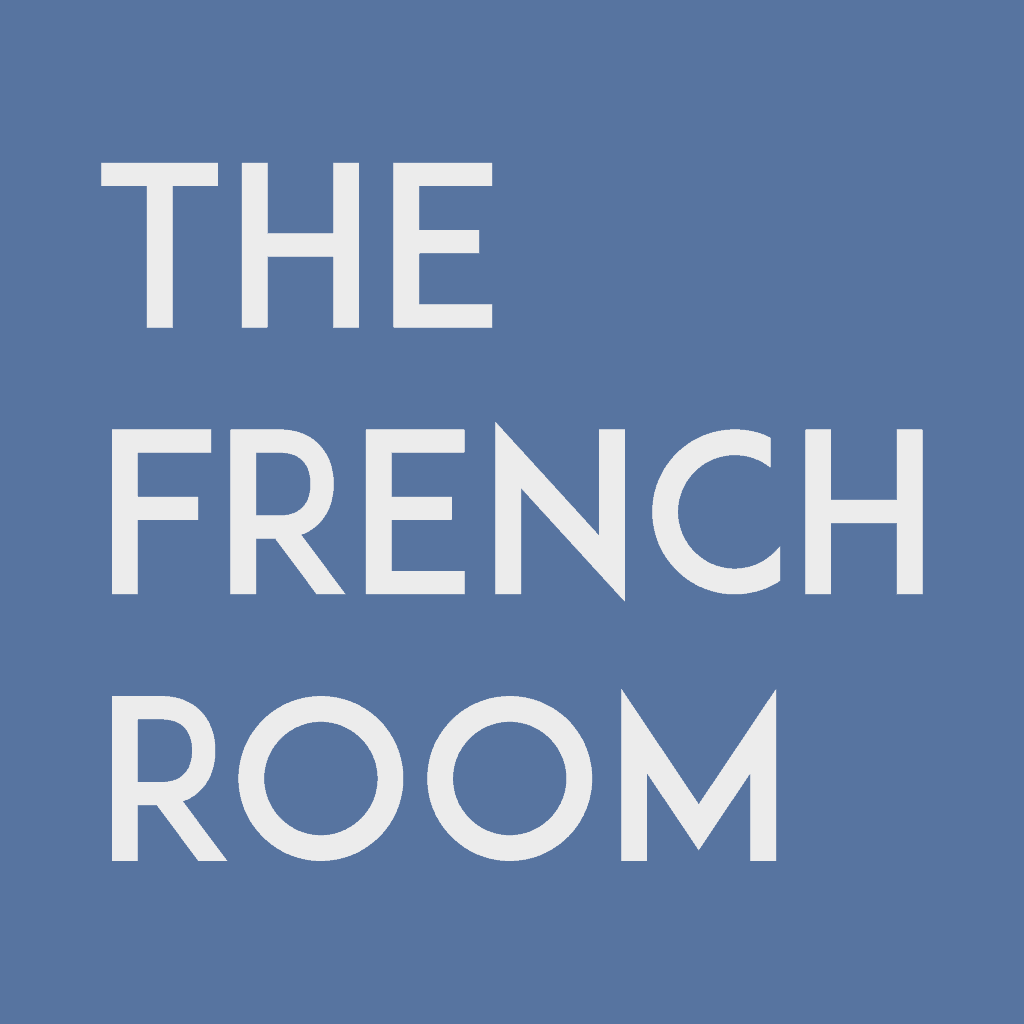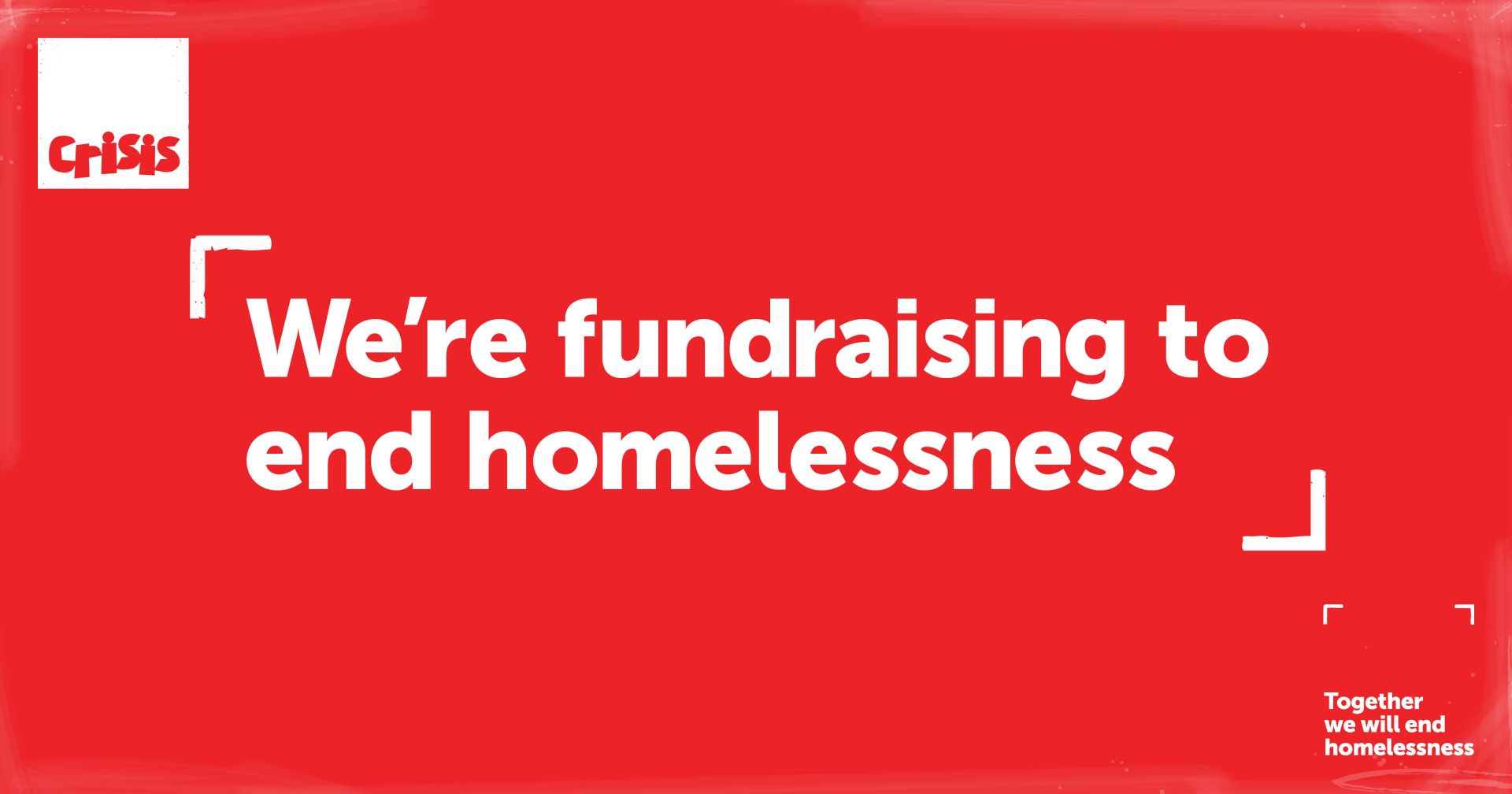Apparently, we’re more afraid of public speaking than we are of death. It’s absurd when you think about it — but fear has never been rational. It slips under the door, whispering warnings that keep us small.
Whatever our age or achievements, it still has the power to press pause on our potential.
I started paying closer attention to fear after watching astronaut Chris Hadfield’s TED Talk What I Learned from Going Blind in Space.
He opens with three piercing questions: What’s the scariest thing you’ve ever done? What’s the most dangerous thing you’ve ever done? And why did you do it?
Those questions stayed with me long after the video ended. They made me realise that fear itself isn’t the enemy — avoidance is. Every time we choose to act despite fear, we widen the boundaries of who we believe we are.
So why bring space and fear into an article about learning French?
Because after more than 10,000 hours of teaching, I’ve realised that every French class is a small experiment in courage. You don’t just learn verbs — you learn visibility. You learn how to be seen trying.
When we step into another language, we step into uncertainty. And that’s where confidence is born — not from affirmations or self-help mantras, but from exposure, laughter, and the quiet discovery that what you feared wasn’t fatal after all.
If you’ve ever frozen mid-sentence in a foreign language, you’ll recognise this: the body’s tiny revolt against being judged.
Over the years, I’ve heard the same myths replayed by people from all walks of life:
-
“Confidence means being fearless.”
-
“Other people are just naturally good at this.”
-
“If I make mistakes, I’ll look foolish.”
-
“It’s too late to start now.”
None of these are true. But they sound convincing because we’ve rehearsed them for decades. We tell ourselves the confident ones are a separate species — braver, louder, younger, luckier. In truth, they’re just further along the same path.
I’ve watched people with dazzling careers and complex lives whisper their first French sentences like confessions. What they really fear isn’t grammar; it’s exposure — the belief that being seen in progress is the same as being seen to fail.
But confidence doesn’t arrive before you act.
It follows the act.
You speak, you survive, and your nervous system updates the story: I can do this.
And from that small rewiring, a new self begins to form.
We talk about confidence as if it’s an inherited gene — something you’re either born with or chasing forever.
But in practice, I’ve seen it behave like a muscle: buildable, repairable, sometimes sore, but always capable of growing stronger.
Confidence has three moving parts:
- Permission — the willingness to be imperfect in public
- .Practice — the repetition that turns hesitation into habit
- .Perspective — the ability to treat mistakes as data, not disaster.
Every learner sits somewhere inside that triangle.
Some of us need permission first — to know it’s safe to try. Others need perspective — to see that missteps are not verdicts, just feedback. All of us need practice and feedback.
And once those three start to feed each other, confidence stops feeling mysterious and starts behaving like what it truly is: a learned behaviour.
You don’t “find” confidence. You build it — through repetition, safety, and connection.
Over time, I’ve realised that my classes are less a language lab and more an incubator of courage — a place where we can safely allow ourselves to become braver.
There’s
David, a retired lawyer who felt a quiet tension each time he deferred to his wife in French conversations. She had studied French at university, he had not. His turning point came when he realised,
“I'm already down the track of fluency!"
There’s
Nikki, returning to France to judge international dressage competitions, who built confidence to the point where she wasn't phased when asked to take part in a live, filmed round-table discussion following an event she had judged in France.
There’s
Nicky, who moved to France to begin her retirement and from the outset has seen learning French as being her way of belonging. "
I stopped trying to script everything in my head"
There’s
John, who began by looking for an in-person class but settled into The French Room for the friendships.
“When I finally told a story in French and people laughed, I felt part of the group.” That simple moment of shared laughter became his definition of fluency.
There’s
Louise, whose twin boys were born in France and who studies to keep that part of their identity alive.
“It stopped being rules and started being choices,” she told me — a reminder that confidence is what happens when structure turns to freedom.
There’s
Steve, whose joy and generosity have helped shape the very culture of The French Room.
“It’s not just about my progress — it’s about being part of something bigger.” His confidence now lifts others every time he logs in.
And there’s
Jane, who studied for twenty-five years but froze each time she spoke.
“I knew the rules, I understood the structure — but when I had to speak? Total panic.” The day she finally spoke freely — a string of sentences, perfectly ordinarily — it felt like pushing a boulder over a mountain.
Each of them came to learn French, and each is redefining what it means to be confident.
You can read more about their journeys on The French Room’s
Student Success Stories page.
If self-help books could bottle what happens at The French Room they’d talk less about mindset and more about muscle memory.
Confidence doesn’t start in your head. It starts in your body — in the moment you risk embarrassment, discover you’re still standing, and decide to try again.
The transformations you’ve just read about show that courage can be taught, and confidence can be rebuilt at any age.
After years of watching people transform, five truths stand out:
- Exposure beats introspection. You can’t think yourself into confidence. You have to step into it.
- Community regulates courage. We borrow bravery from each other. The nod, the grin, the shared mistake — that’s where it grows.
- Structure creates safety. Predictability allows risk. A trusted routine gives us permission to stretch.
- Progress needs proof. Small wins — the conversation understood, the phrase remembered — are the evidence your brain needs to believe you.
- Language is a mirror. How you speak to yourself in another tongue reveals how you treat yourself in life. Learning a language teaches us to replace judgement with grace.
These aren’t just classroom lessons. They’re blueprints for living.
Every time you speak before you feel ready, you’re performing a tiny act of rebellion against fear.
Every time you listen without judgement — to yourself or someone else — you widen the world a little.
So let me leave you with three questions — cousins of those Chris Hadfield once asked about danger and space, but grounded in the everyday courage we practise right here on Earth:
- What’s the smallest brave thing you’ve done this week — and what did it teach you about who you are?
- When was the last time you acted before you felt ready, and discovered readiness was never the point?
- And who, simply by waiting or smiling while you found your words, reminded you that confidence is something we build together?
Because maybe confidence doesn’t begin when fear ends. Maybe it begins the moment you speak — voice shaking, accent imperfect — and the world keeps listening.
Article by Ellie Louis - Founder of The French Room - 6th October 2025 as guest blogger for the website
Sixty and Me.



